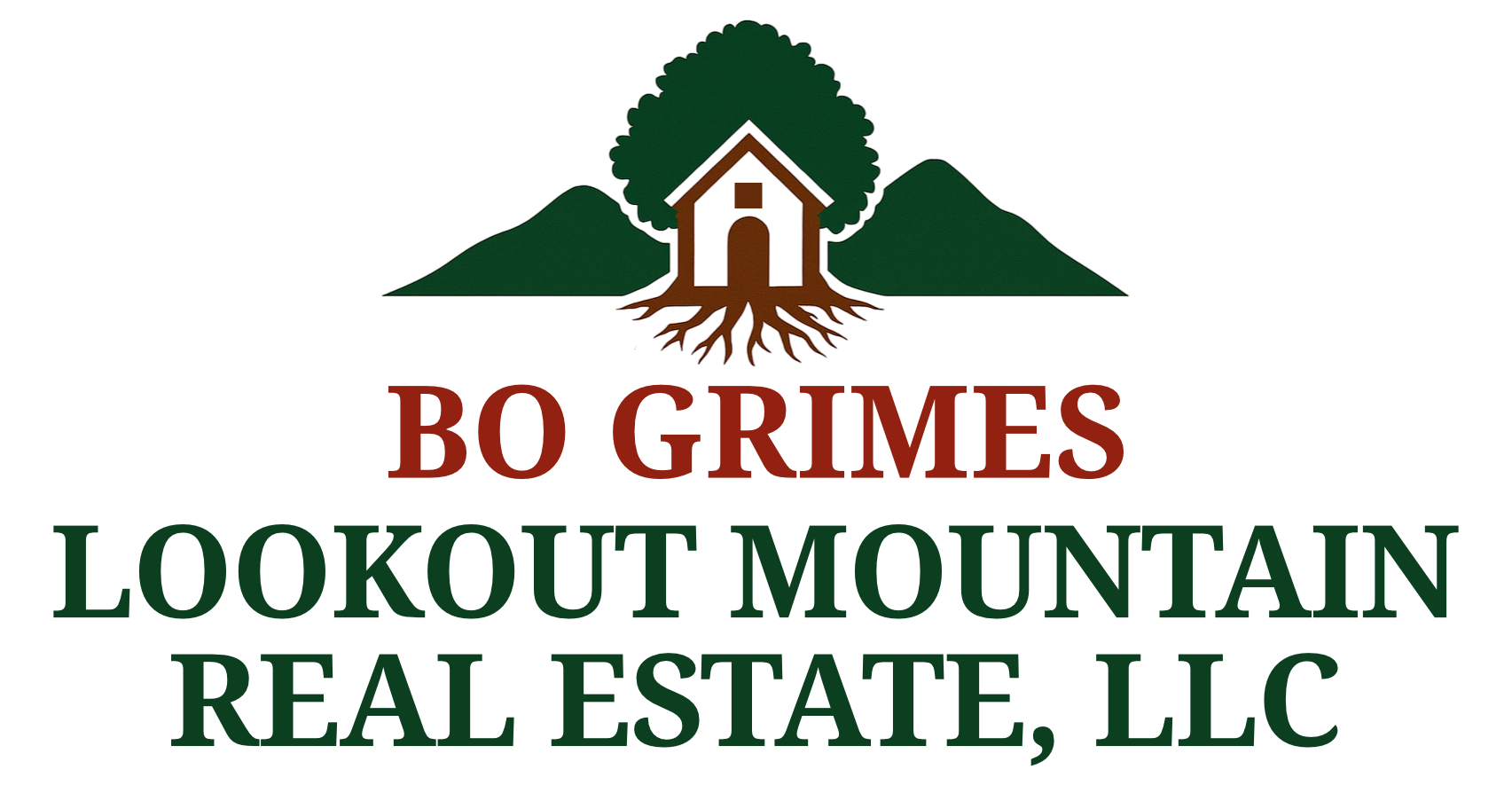Building a home or cabin on Rural Land in Georgia can be one of the most rewarding investments in Georgia Real Estate. Whether you’re working with a few acres of Farm Land, Hunting Land, or Recreational Land, understanding the key checks before construction begins can save time, money, and stress. With guidance from local experts like Bo Grimes, who knows Lookout Mountain Real Estate and surrounding rural regions, buyers can avoid common pitfalls and ensure their property is ready for development.
Soil Tests and Septic Requirements
Before breaking ground, every property owner should conduct a professional soil test. In many rural parts of Georgia, homes rely on septic systems rather than city sewer service. A soil test confirms whether the land can support a septic tank and drain field, as certain soil types or slopes may not meet requirements. Without a successful percolation test, county health departments will not approve a septic permit. This step is especially critical for buyers of Rural Land or Farm Land, where access to public utilities is limited.
Access to Utilities
Electricity, water, and internet service may not be readily available in remote areas, so it’s important to confirm how utilities will be connected before construction. If the property does not have existing connections, buyers should contact local providers to estimate installation costs. Drilling a well, installing solar panels, or adding satellite internet may be necessary for off-grid living. Professionals like Bo Grimes, who specialize in Lookout Mountain Real Estate, often help buyers find properties that balance privacy with practical access to utilities.
Road Access and Easements
Reliable access to the property is another key factor. Confirm that the parcel has legal, deeded road access rather than relying on informal paths or neighboring driveways. Easements should be clearly documented on the title and survey to prevent disputes later. Proper access not only affects daily convenience but can also influence financing eligibility and property value. Buyers of Hunting Land or Recreational Land often overlook this step, but ensuring accessibility is vital for long-term usability.
County Building Codes
Each county in Georgia has its own building regulations and permitting process. These codes determine where structures can be placed, minimum square footage, and setbacks from property lines. Agricultural zones may have fewer restrictions than residential ones, but it’s essential to check local ordinances before submitting building plans. Bo Grimes and other Georgia land experts can help identify which counties are more flexible for rural development, especially for those planning to build on Rural Land or Farm Land for homesteading or recreation.
Final Thoughts
Building on rural land in Georgia takes planning, patience, and proper due diligence. From septic testing to zoning approval, every step ensures your land is ready for your dream home or retreat. By working with experienced local professionals and understanding your property’s unique requirements, you can turn your vision into reality while protecting your investment in Georgia Real Estate.


